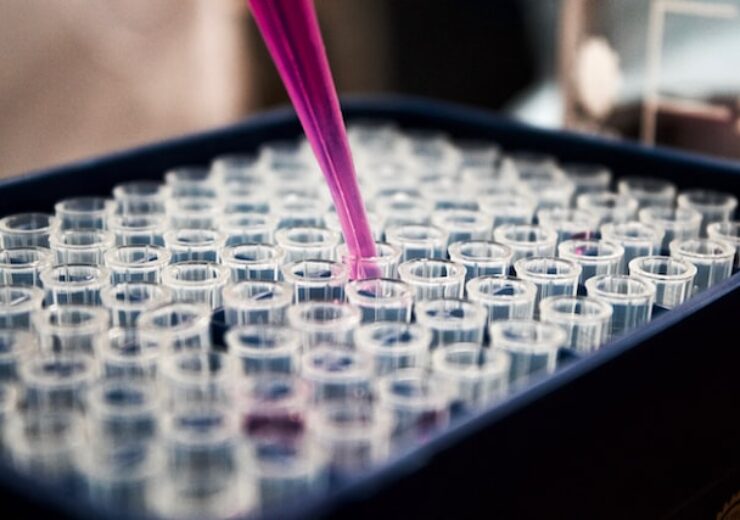The Phase 3 clinical trial, to be conducted by Fujifilm’s subsidiary Fujifilm Toyama Chemical, and the Foundation for Biomedical Research and Innovation at Kobe, will manufacture the products used in the study

Fujifilm begins new Phase 3 study in Japan. (Credit: Louis Reed on Unsplash)
Fujifilm has commenced a new Phase 3 clinical study in Japan, evaluating FF-31501, its stem cell therapy candidate based on autologous synovial mesenchymal stem cells (MSCs).
MSCs are multipotent progenitor cells, which possess high proliferation and multilineage differentiation potential and immune-modulatory properties.
Fujifilm’s subsidiary Fujifilm Toyama Chemical will conduct the clinical trial, enrolling 18 patients with meniscus injuries, who are eligible for meniscectomy.
The Foundation for Biomedical Research and Innovation at Kobe will manufacture the investigational products used in Phase 3 clinical study.
In the study, FF-31501 will be evaluated for restoration of meniscus function and structure, and reduction of knee symptoms and the pain will be verified 52 weeks after transplantation.
The clinical trial will use the Lysholm Knee Scoring system as a primary endpoint, along with MRI and arthroscopic image diagnosis as secondary endpoints.
The first patient was already enrolled at the Tokyo Medical and Dental University Hospital.
According to the company, meniscus injuries are caused by ageing or a strong impact during sports or daily life, associated with pain when bending or stretching the knees.
They can be treated using suture and fixation devices, where meniscal tears are repaired using an arthroscope inserted through a tiny incision, or meniscectomy (meniscus removal).
Meniscectomy may cause load concentration on the specific cartilage area, leading to an increased risk of knee osteoarthritis.
FF-31501 includes an arthroscopic treatment with the suspension of autologous synovial MSCs.
The cell transplantation technology MSCs are developed by Medical and Dental University (TMDU) Center for Stem Cell and Regenerative Medicine professor Ichiro Sekiya.
The implanted MSCs preserve the injured meniscus, and promote injury healing, potentially reducing the risk of developing osteoarthritis of the knee.
In 2019, Fujifilm secured the exclusive global license for the development, manufacture, and sales of TMDU’s stem cell therapy technology.
Furthermore, TMDU and Fujifilm have conducted joint research on stem cell therapy, with Japan’s Agency for Medical Research and Development (AMED) approval.
